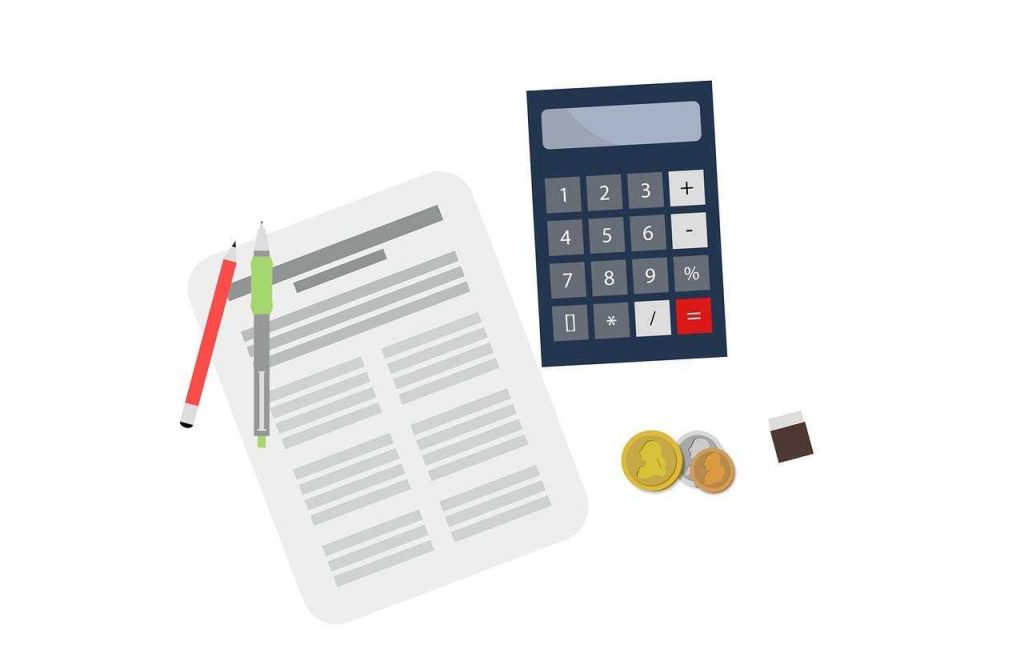Living a frugal lifestyle can be a powerful way to save money and reach your financial goals. However, after months or even years of tightening the belt, many people experience what’s known as frugal fatigue—a sense of burnout from constantly cutting costs, tracking expenses, and sticking to a strict budget.
Frugal fatigue can lead to feelings of deprivation, resentment, and frustration, making it hard to stay motivated. The good news is that it’s possible to overcome this fatigue and continue living a financially responsible life while still enjoying the things that bring you joy. In this blog, we’ll explore 15 strategies to help you refresh your frugal lifestyle and find balance between saving money and living well.

1. Revisit Your Financial Goals
One of the main causes of frugal fatigue is losing sight of why you’re budgeting in the first place. Revisit your long-term financial goals, whether that’s paying off debt, building an emergency fund, or saving for a down payment on a house. Reminding yourself of your financial “why” can reignite your motivation to keep going.
Tip: Break your goals into smaller, more achievable milestones so you can celebrate progress along the way.
2. Give Yourself Permission to Enjoy Life
Being frugal doesn’t mean you have to cut out every joy in life. It’s essential to find balance between saving money and enjoying life’s pleasures. Allow yourself to spend on things that truly matter to you—whether it’s a dinner out with friends, a relaxing day off, or a small indulgence like a new book or hobby.
Tip: Plan a monthly “treat” day where you splurge on something you enjoy, guilt-free.
3. Set a Flexible Budget
Having a strict, rigid budget can feel restrictive over time. Instead of sticking to a budget that leaves no room for flexibility, create a spending plan that adjusts to your changing needs. This flexibility can help you avoid the frustration of constantly feeling like you’re depriving yourself.
Tip: Build a “fun fund” into your monthly budget for unexpected expenses or activities that give you joy.
4. Find Low-Cost Alternatives to Your Favorite Activities
You can still enjoy the things you love without breaking the bank. Explore low-cost or free alternatives to activities that normally cost money, such as hiking instead of going to a movie or hosting a potluck instead of dining out.
Tip: Check your community’s event calendar for free or affordable events like outdoor concerts, local markets, or art exhibitions.
5. Reevaluate Your Spending Categories
Sometimes, frugal fatigue comes from focusing too much on small, inconsequential expenses, while larger purchases slip through the cracks. Take a step back and look at your spending categories. Are there any large expenses, like subscriptions or memberships, that you could reduce or eliminate?
Tip: Review your bank statements to see where you can cut back on big-ticket items and redirect that money toward your goals.
6. Embrace Slow Living
The fast-paced nature of modern life often encourages us to buy more, do more, and keep up with the trends. Adopting a “slow living” mindset can help you step back, enjoy the moment, and make more mindful spending decisions.
Tip: Focus on quality over quantity—whether it’s the food you eat, the clothes you buy, or the way you spend your free time.

7. Treat Yourself to Free Activities
There are plenty of enjoyable activities that cost little or nothing at all. Consider exploring free museums, visiting local parks, doing a home spa day, or taking up a creative hobby like drawing or writing.
Tip: Create a list of free or low-cost activities you can do whenever you need a break from frugality.
8. Automate Your Savings
Sometimes, the constant need to actively save and monitor your finances can contribute to burnout. To make it easier, automate your savings so you don’t have to think about it. Set up automatic transfers to your savings accounts or retirement funds, so saving becomes effortless.
Tip: Automate your contributions to retirement accounts, savings goals, or an emergency fund to ensure consistent growth.
9. Get Inspired by Other Frugal People
If you’re feeling exhausted from being frugal, seeking inspiration from others who live the lifestyle can be energizing. Follow frugal living blogs, watch YouTube channels, or join online communities to get new ideas and motivation from people who share your goals.
Tip: Join social media groups or online forums where like-minded individuals share budgeting tips, hacks, and success stories.
10. Reassess Your Financial Relationship with Your Partner
If you’re managing finances with a partner, it’s important to check in regularly about money. Miscommunication or lack of alignment on financial goals can add stress to your budget. Make sure you’re both on the same page and supportive of each other’s goals.
Tip: Have a “money date” every month to discuss finances, check progress, and celebrate small wins together.
11. Simplify Your Life
Sometimes, the complexity of managing all aspects of life on a tight budget can lead to fatigue. Simplifying your life can reduce overwhelm. This could mean decluttering your home, cutting down on excessive commitments, or reducing the number of financial accounts you have to track.
Tip: Try the 80/20 rule—eliminate the 20% of things in your life that take up 80% of your time and energy without adding much value.
12. Give Yourself a Break
If frugality is starting to feel like a constant uphill battle, it’s okay to take a break. Give yourself a day or week off from the strict budgeting rules. Enjoy some guilt-free spending during your “time off,” and recharge your mindset for the next phase of your savings journey.
Tip: Set a budget-free week each quarter where you can relax and enjoy activities or small splurges without worrying about finances.
13. Focus on the Bigger Picture
Instead of getting bogged down by every little purchase, take a step back and focus on the bigger picture of your financial health. Celebrate the progress you’ve made and acknowledge that frugality is a long-term strategy, not a short-term fix.
Tip: Keep a visual tracker of your financial milestones, like paying off debt or reaching savings goals, to remind yourself of the progress you’ve made.
14. Seek Professional Financial Advice
If frugal fatigue is overwhelming, consider talking to a financial advisor. Sometimes, getting an expert opinion on your financial situation can help you see the bigger picture and provide clarity on how to adjust your strategies to reduce stress.
Tip: A financial advisor can help create a balanced plan that takes your goals and lifestyle into account, helping you manage your finances with less stress.

15. Be Kind to Yourself
Finally, remember that being frugal is a marathon, not a sprint. There’s no need to be perfect, and it’s okay to slip up occasionally. Be kind to yourself, allow room for mistakes, and take time to recharge so you can continue your journey toward financial freedom without feeling burnt out.
Tip: Practice self-compassion. Financial journeys are filled with ups and downs, and it’s important to celebrate your progress, even if it’s slow.
Conclusion
Frugal living is a powerful tool for achieving financial freedom, but it’s important to strike a balance to avoid burnout. By applying these 15 strategies, you can overcome frugal fatigue, maintain your motivation, and continue working toward your financial goals without feeling deprived or overwhelmed. Remember, financial health is a journey, and it’s okay to enjoy the ride while staying mindful of your priorities.

